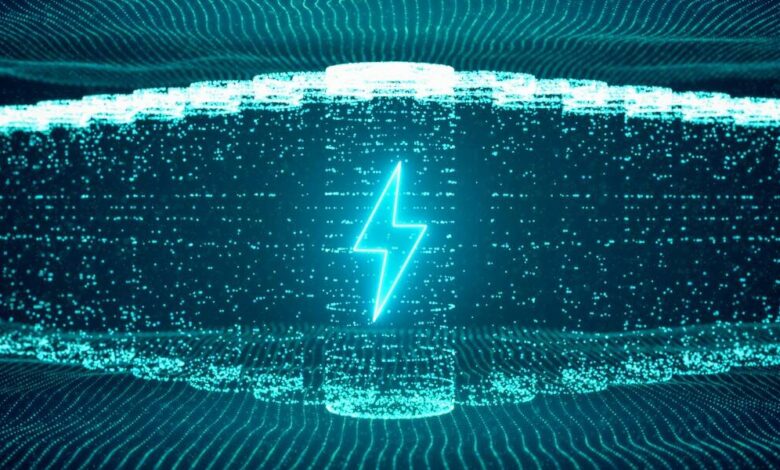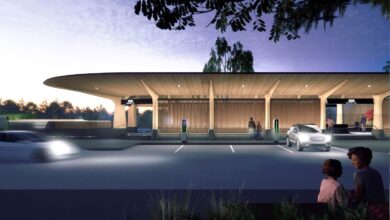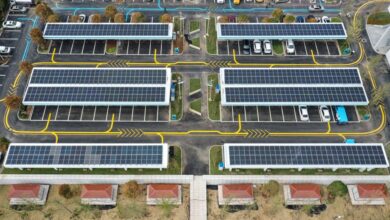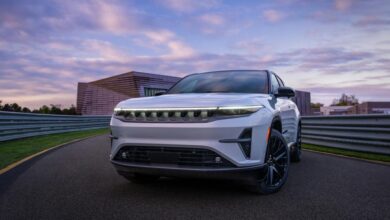Samsung shows off battery tech it says will see you gone in nine minutes • The Register

Samsung SDI, the Korean giant’s battery biz, on Tuesday promised EV batteries that can charge to 80 percent capacity in a mere nine minutes, plus models that can perform at that level for 20 years.
The ultra-fast charging battery will enter production in 2026. The long-lived product will start rolling off factory floors in 2029.
Samsung SDI teased the tech in March of this year. At the 37th Electric Vehicle Symposium & Exposition (EVS37) taking place this week in Seoul, it is also displaying an anode-free all solid-state battery (ASB) with a 900 watt-hour per liter density, which it eyes to start mass-producing in 2027.
Solid-state batteries are considered a significant step up from lithium-ion due to their higher energy density, faster charging capabilities and perceived safety as ASBs are less likely to catch fire.
Samsung’s already tried to reduce the likelihood its kit catches fire, a live issue as Li-Ion-powered appliances and e-bikes spark domestic blazes that have regulators worried that low-quality products increase risks.
The Korean champ’s approach is to use vents that exhaust heat and gas, so that if its batteries are involved in an accident or fire the chances of thermal runaway are reduced.
“New products from the company such as 46-phi batteries [a measure of battery diameter] are also part of the exhibition, along with a cell-to-pack (CTP) concept that increases energy density yet decreases cost,” stated Samsung.
The chaebol’s battery unit pitched the battery advancements as “super-gap” technology that will “pioneer the future global EV market.”
Improving battery performance is essential to advance the world’s transition to EVs. Many industry players are therefore working to improve the technology.
Samsung itself has even purchased part of a nickel mine to safeguard its supply chain for the raw materials needed to make batteries.
Japanese automaker Toyota has several battery undertakings, including in joint ventures with Panasonic. The company has claimed it is ready to roll out its solid-state-batteries with a range of 745 miles (1200 km) and charge time of 10 minutes by 2025.
Meanwhile, China’s top EV battery maker China’s Contemporary Amperex Technology Co. Limited (CATL) claimed last August that it had developed a lithium iron phosphate (LFP) battery that can power a car for a distance of 250 miles (400km) after just ten minutes of charging. On a full charge the battery is said to offer range of 435 miles (700km) .
While battery innovation is welcome, growth in demand for EVs is slowing.
This week, Elon Musk’s EV venture Tesla reported sales fell nine percent year-on-year as net profit plunged 55 percent. The company reportedly plans to lay off more than 10 percent of its staff globally.
China, where economic growth is at the lowest levels since the 1970s, isn’t helping. And Iin February Bloomberg reported that global economic woes, saturation among early adopters, and waning subsidies, are also slowing EV adoption. ®



